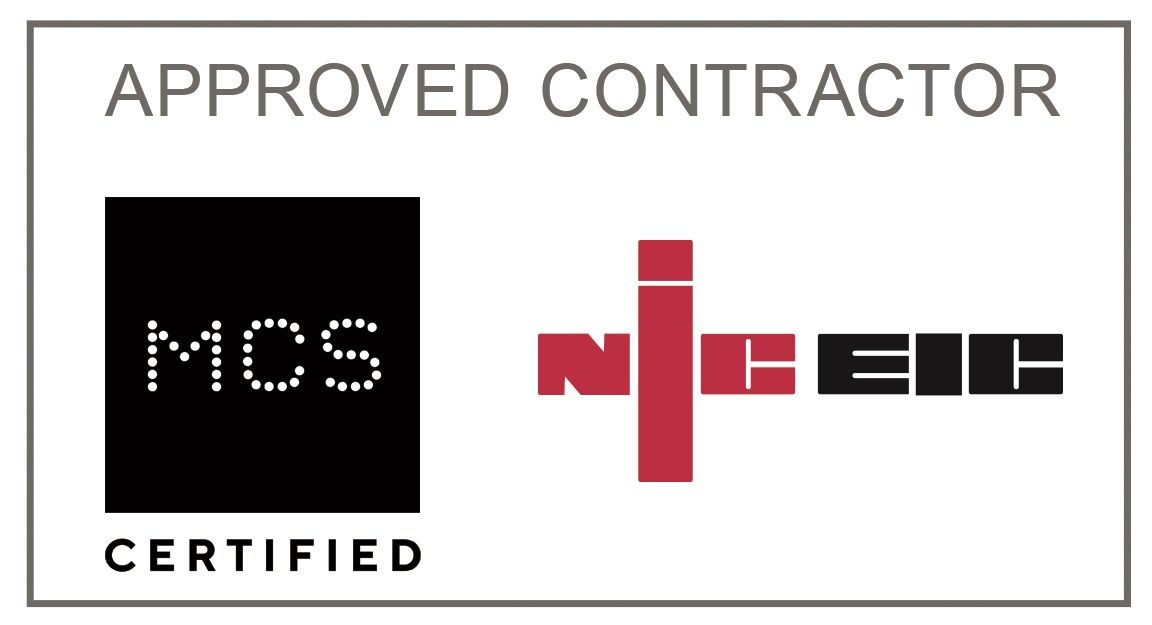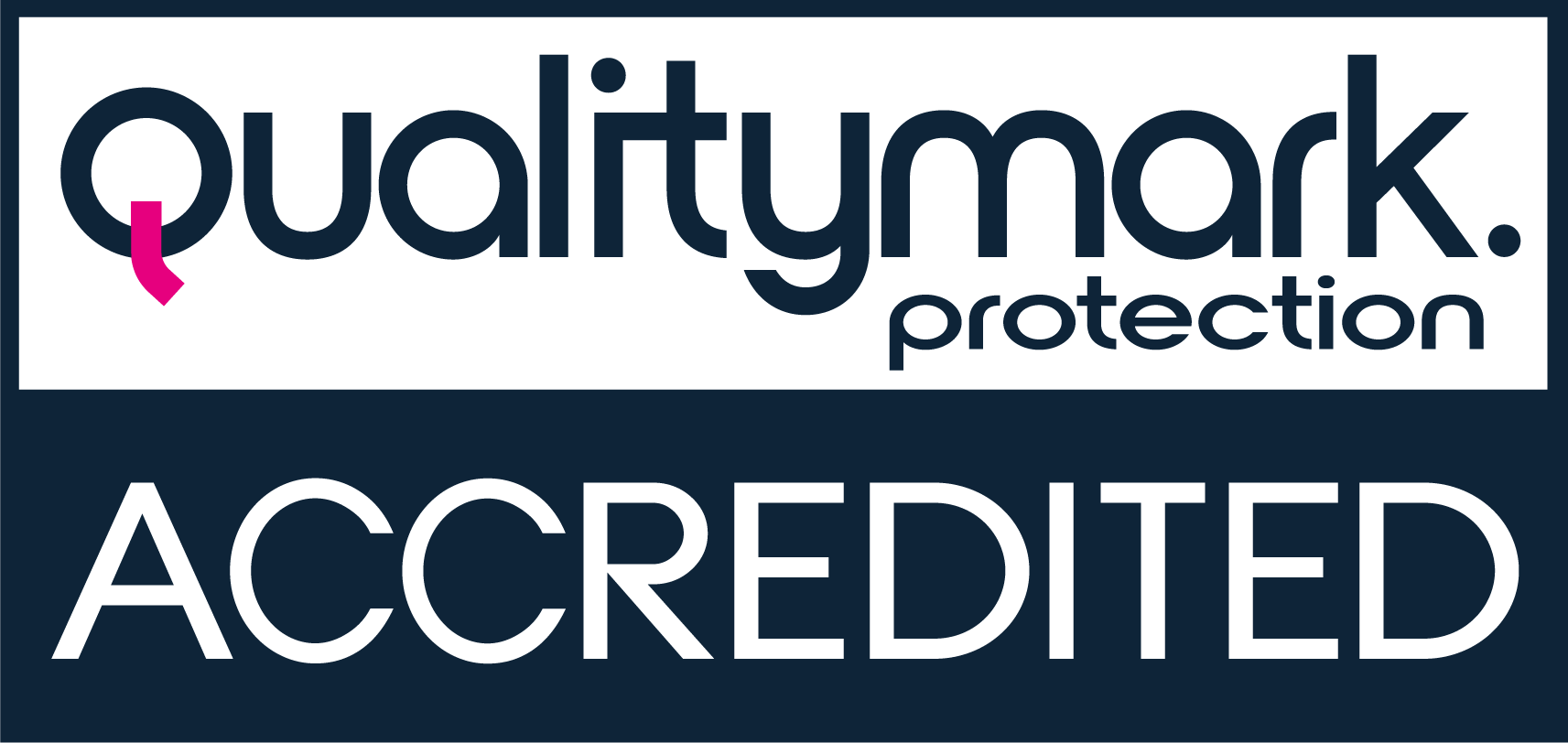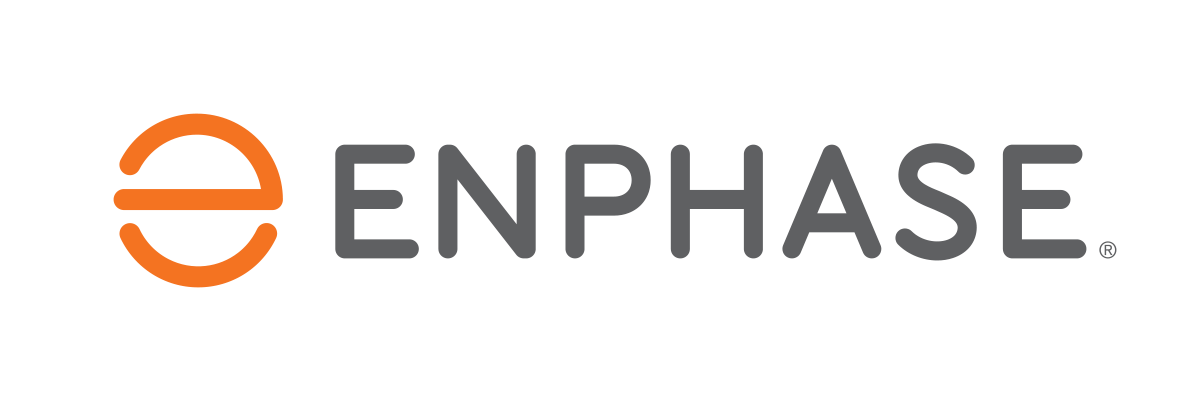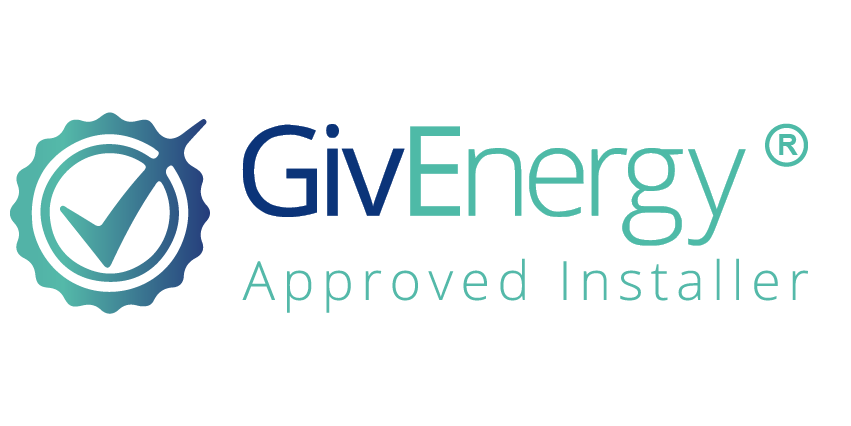-
Q: What are solar panels and how do they work?
A: Solar panels are devices that convert sunlight into electricity using the photovoltaic effect. They consist of multiple solar cells made from semiconducting materials, such as silicon. When sunlight hits the cells, it excites the electrons, generating an electric current. This current is then captured and converted into usable electricity by an inverter.
-
Q: How can I monitor the performance of my solar panel system?
A: Enphase solar panel systems come with a monitoring system, that allows you to track the performance and energy production of your panels. This monitoring system can be accessed through online platforms or smartphone apps, providing real-time data on energy generation, historical performance, and any potential issues with the system.
-
Q: Will installing solar panels increase the value of my home?
A: Yes, studies have shown that installing solar panels can increase the value of a home. Homes with solar panels are often seen as more attractive to potential buyers due to reduced energy costs and environmental benefits. However, the extent of the value increase may vary depending on factors such as location, system size, and local market conditions.
-
Q: Are solar panels suitable for the UK climate?
A: Yes, solar panels can still generate electricity in the UK climate, even though it may not receive as much sunlight as some other regions. Solar panels work based on light, not heat, so they can produce electricity even on cloudy days. While they may not operate at maximum efficiency, advancements in technology have made solar panels increasingly efficient in capturing diffused light, making them a viable option in the UK.
-
Q: How much money can I save by installing solar panels?
A: The amount of money you can save with solar panels depends on various factors, including your energy consumption, the size of your solar system, the orientation and tilt of your roof, and the local solar irradiance. On average, UK homeowners can save around £500-£800 per year on electricity bills. Over the lifetime of the solar panels (typically 25 years or more), the savings can add up significantly.
-
Q: What is the payback period for solar panel installations?
A: The payback period refers to the time it takes for the savings on electricity bills to equal the initial investment in solar panels. In the UK, the payback period is typically between 5 and 9 years. However, it can vary depending on factors such as the cost of installation, the amount of sunlight received, and any available government incentives or smart export guarantee programs.
-
Q: Can I sell excess electricity back to the grid?
A: Yes, in the UK, you can sell excess electricity back to the grid through a program called the Smart Export Guarantee (SEG). This allows you to earn money for the surplus electricity your solar panels produce. The rates and terms of these programs may vary, so it's advisable to check with your energy supplier for more details.
-
Q: Do solar panels require maintenance?
A: Solar panels generally require minimal maintenance. Regular cleaning to remove dust, debris, and bird droppings is recommended to ensure optimal performance. Additionally, it's essential to inspect the system for any damage or issues periodically. Most solar panels come with warranties that cover their performance for 25 years or more, providing additional peace of mind.
-
Q: Can I install solar panels myself or should I hire a professional?
A: While it is possible to install solar panels yourself, it is highly recommended to hire a professional installer. Solar panel installation involves electrical work and should be carried out by certified individuals who have the knowledge and experience to ensure proper installation and compliance with safety regulations. Professional installers can also provide advice on system sizing, location, and maintenance.
-
Q: Are there any government incentives or grants available for solar panel installations?
A: The UK government offers various incentives and grants to promote the adoption of renewable energy, including solar panels. The specifics and availability of these programs can change over time. It's advisable to check the government's official websites to get the most up-to-date information on available incentives.
-
Q: How long do solar panels typically last?
A: Solar panels are designed to be durable and long-lasting. Most manufacturers offer warranties ranging from 25 to 30 years on the performance of the panels. With proper maintenance and care, solar panels can continue to generate electricity well beyond their warranty period, potentially lasting 30 years or more.
-
Q: What size solar panel system do I need for my home?
A: The size of the solar panel system you need depends on your energy consumption, available roof space, and budget. We can conduct an assessment of your energy usage and roof characteristics to determine the optimal system size for your specific needs. Factors such as the orientation, tilt, and shading of your roof will also influence the system size.
-
Q: Can I install solar panels on a flat roof?
A: Yes, solar panels can be installed on a flat roof. Mounting systems are available specifically designed for flat roofs, including ballasted systems that use weights to secure the panels in place. Flat roofs typically require a larger area for installation compared to tilted roofs to achieve the same energy output.
-
Q: Can I remove solar panels if I decide to sell my home?
A: Yes, solar panels can be removed if needed. However, it's generally advisable to include the solar panels as part of the home sale, as they can be seen as a valuable asset. If you plan to remove the panels, it's essential to consult with a professional installer to ensure proper disconnection and any necessary roof repairs.
-
Q: Are there any restrictions or permits required for installing solar panels?
A: In the UK, most residential solar panel installations fall under permitted development rights, which means you typically don't need planning permission. However, some restrictions may apply, such as in conservation areas or for listed buildings. It's recommended to check with your local planning authority or consult with a solar panel installer to confirm any specific requirements or restrictions in your area.
FAQ's Answered







